From Geo/Bio-Politics to G2G Agreements and Public–Private Partnership: the Unique Role of the Israeli Eco-System in Ethiopia
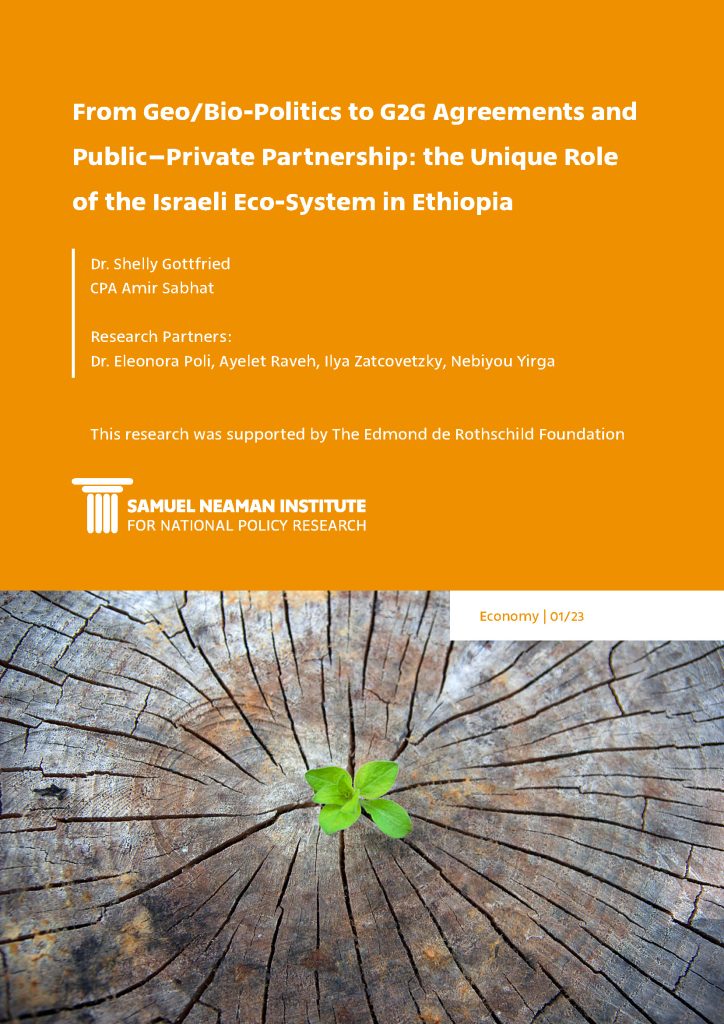
The Purpose and Contribution of the Study Israeli–Ethiopian relations were first established in 1956. Israel has traditionally regarded Ethiopia as an important country, both politically and geo-strategically. The relationship has been characterized by the dominance of the state. The first instance of this dominance was the involvement of both governments in the massive waves of […]
Assessing the economic ramifications resulting from climate warming in the city of Tel Aviv-Yafo
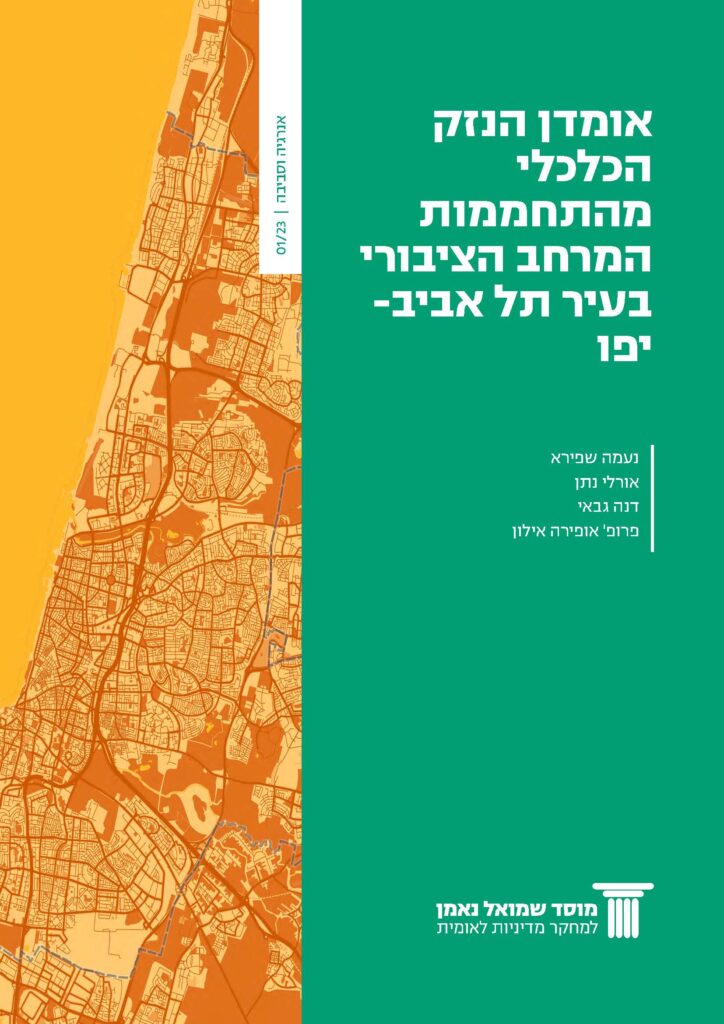
Climate change is increasing the frequency and severity of extreme weather events worldwide, wherein extreme heat surpasses other climate-related disasters in terms of fatality rates. The World Economic Forum points ‘failure in climate action’ and ‘extreme weather events’ as the gravest global risks, both in immediate and prolonged contexts. Cities’ population is especially exposed to […]
Exploring Academic Leadership and Management in Higher Education Institutions: A Review of Universities and In-Depth Interviews with Officials
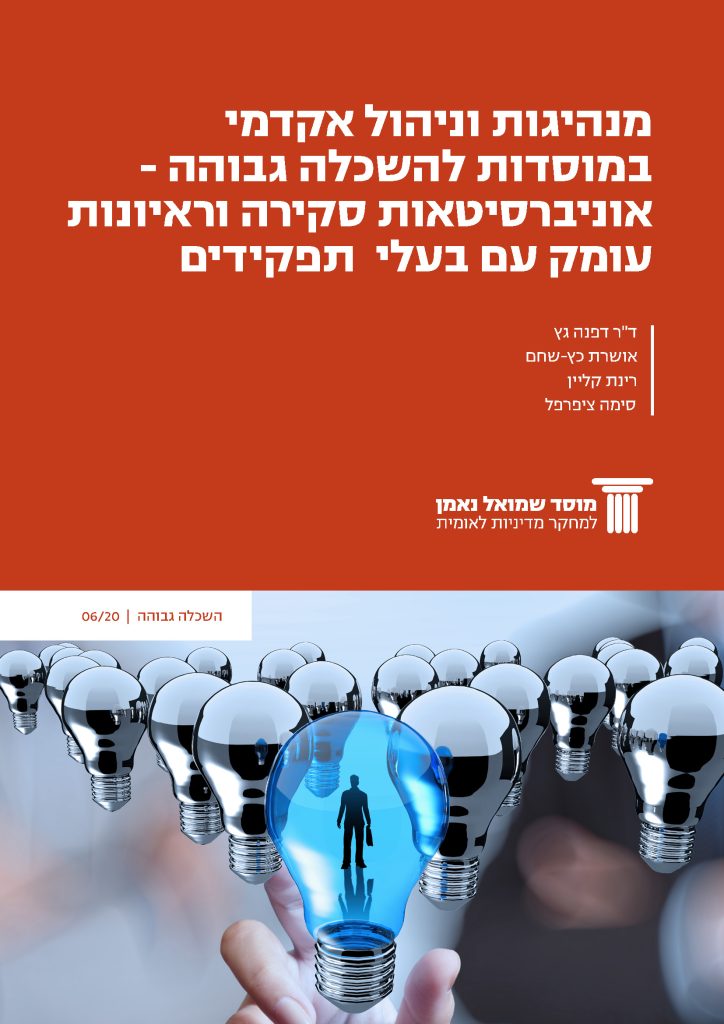
The higher education sector in Israel is facing numerous challenges and the need for effective leadership is crucial for the successful implementation of the goals of academic institutions. To address this issue, the National Program for the Development of Academic Leadership conducted a study on leadership and management in academia in Israel. The study included […]
Community and Support Centers for Former Haredim – founded by Yotzim Le’Shinuy (‘Out-for-Change’) Association.
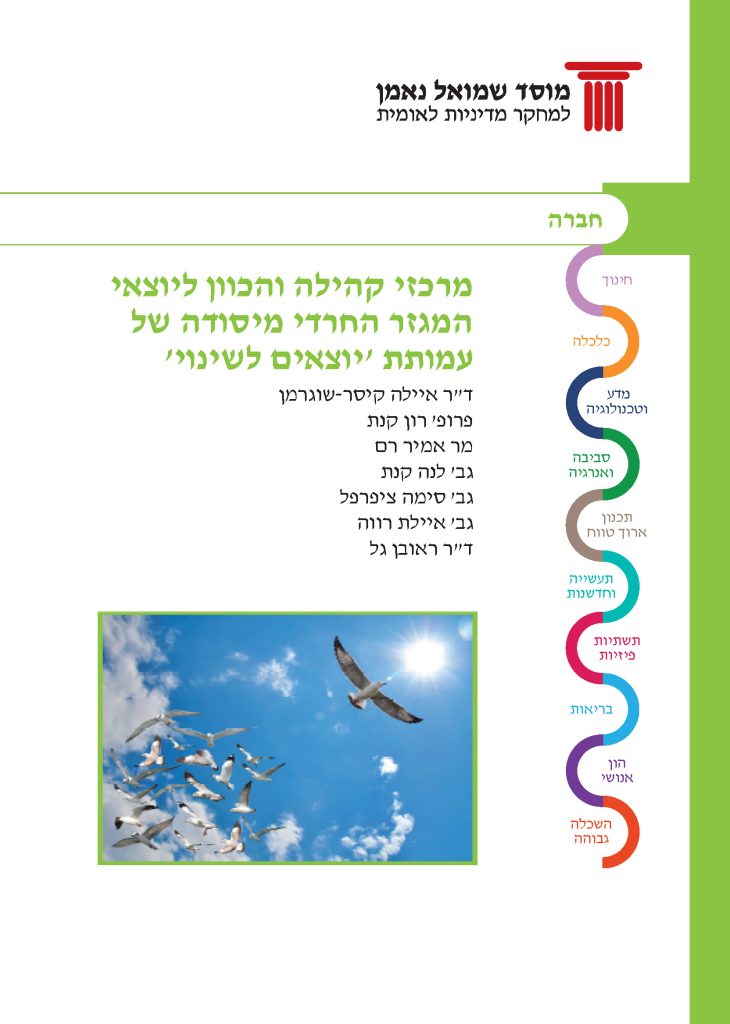
The goal of the study is to evaluate two Community and Support Centers for Former Haredim (one in Jerusalem, one in Tel Aviv) – founded by Yotzim Le’Shinuy (‘Out-for-Change’) Association. The study reviews the theory and working assumptions of the centers; characterizes the participants in the program in socio-economic aspects and quality of life indicators; […]
Indicators for Benevolent Community
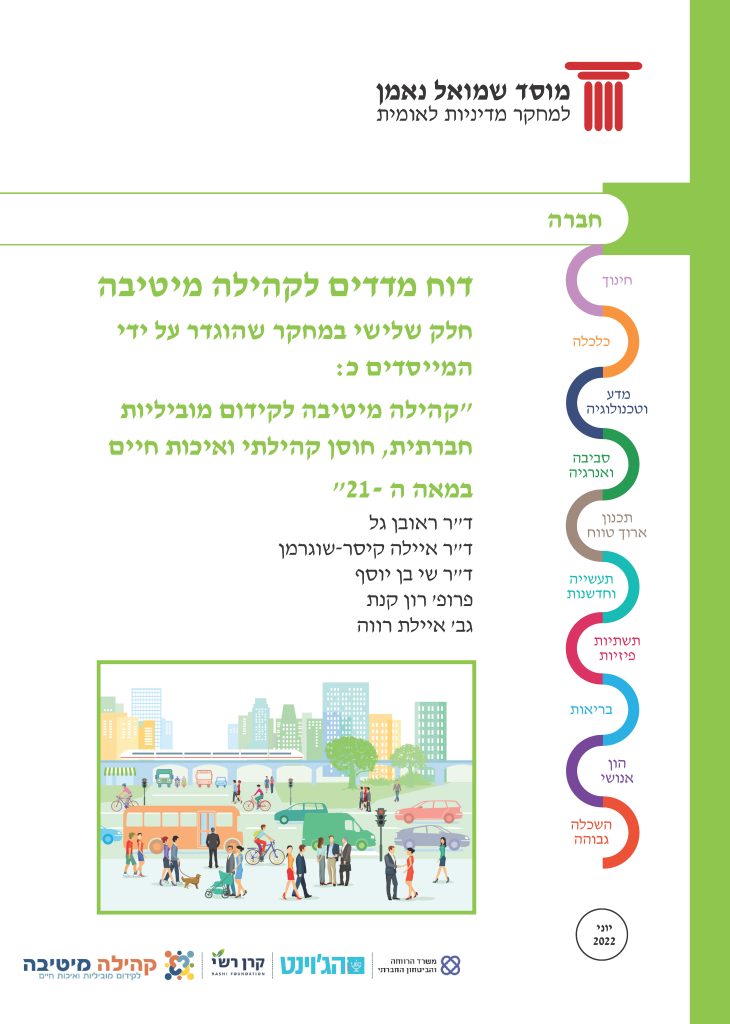
This report is the third part [following the report “Characterizing the term ‘Benevolent community’“and “Best Practices (and/or Intervention Programs) for Benevolent Community”]. in the project “Benevolent Community – for Social Mobility, Community Resilience, and Quality of Life – in the 21st Century”. The project is a joint venture of the (Israel) Joint-Ashalim, the Community Resources […]
Best Practices (and/or Intervention Programs) for Benevolent Community
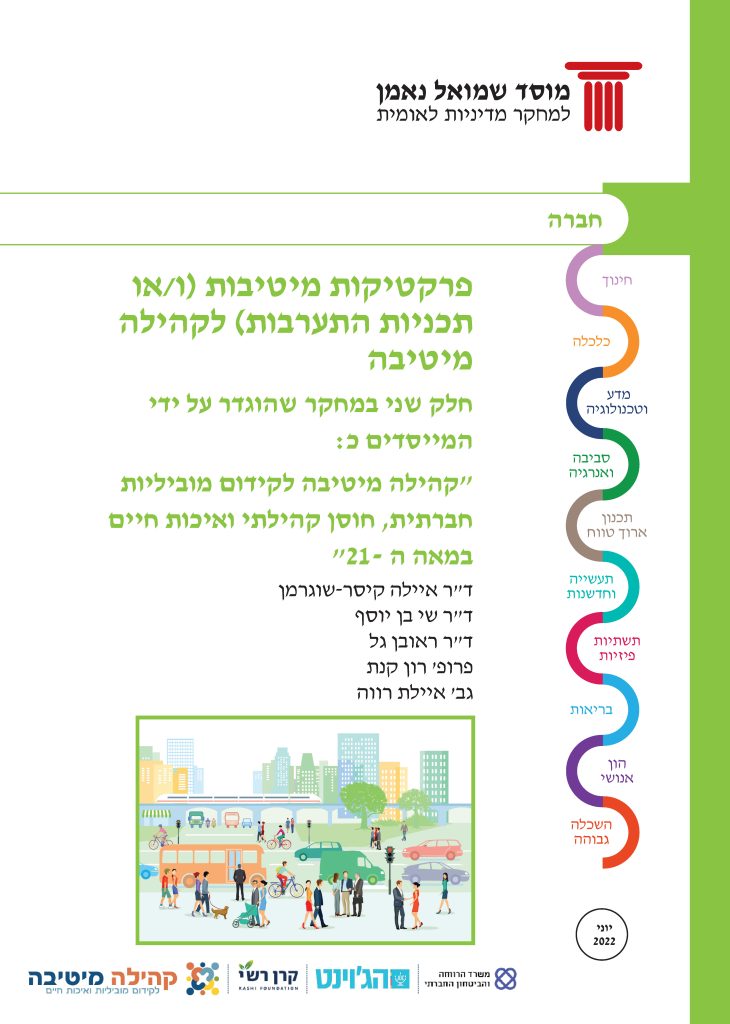
This report is the third part (following the report “Characterizing the term ‘Benevolent community’ “ and ‘Indicators of Benevolent Community’) in the project “Benevolent Community – for Social Mobility, Community Resilience, and Quality of Life – in the 21st Century”. The project is a joint venture of the (Israel) Joint-Ashalim, the Community Resources Division in […]
Characterizing the term ‘Benevolent community’
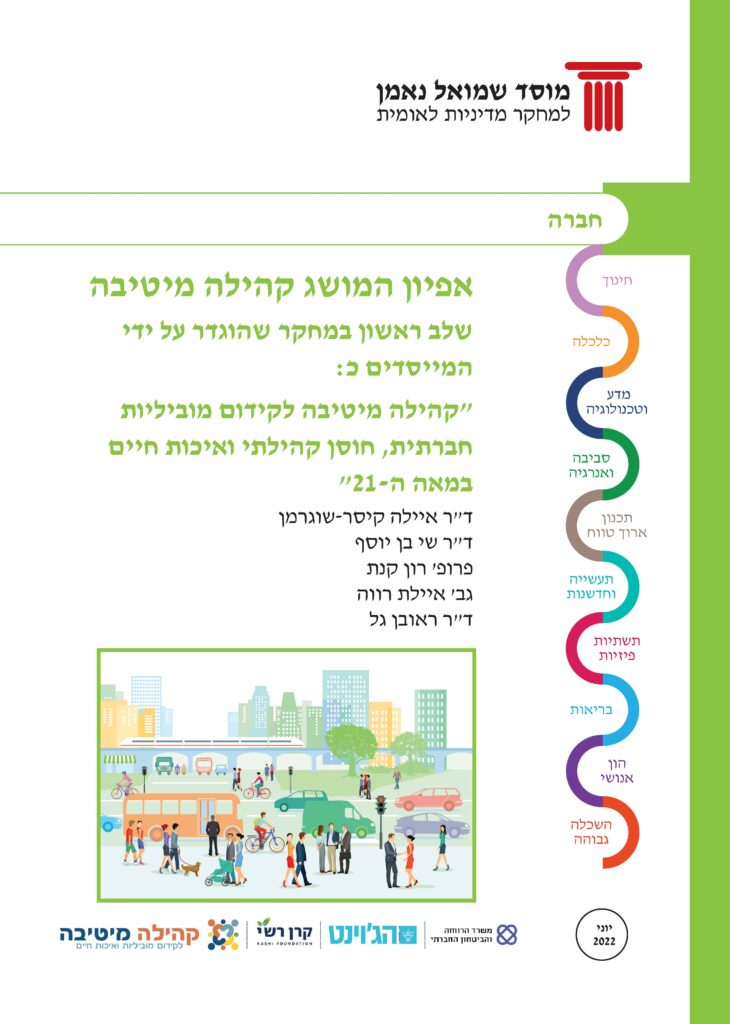
This report is the first part – and a central component – in the project “Benevolent Community – for Social Mobility, Community Resilience, and Quality of Life – in the 21st Century”. The project is a joint venture of the (Israel) Joint-Ashalim, the Community Resources Division in the Ministry of Welfare and Social Affairs, and […]
“Common Ground”: Agreed Road Map for Long-Term National Paradigms
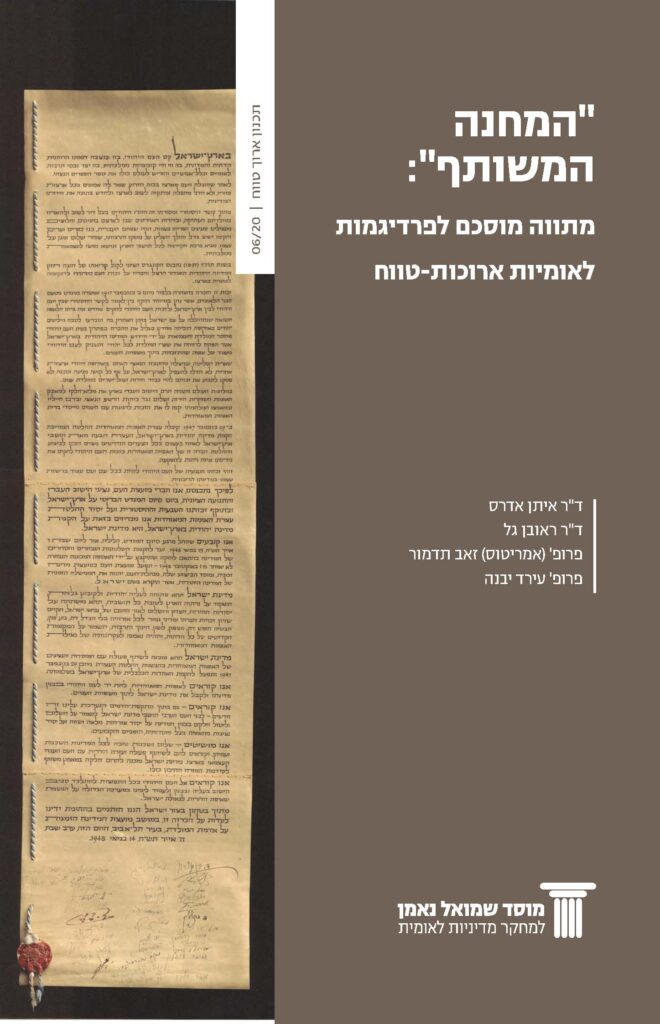
Strategic thinking process for the state of Israel is presented. Based on interviews of 40 prominent Israelis, from diverse walks of life, we find a wide common ground in considering the ‘Declaration of Independence’ (1948) to be Israel’s vision for the coming decades. To validate our proposition that the vision chapter of the Declaration of […]
Evidence based risk management: a review of risk management models and methods
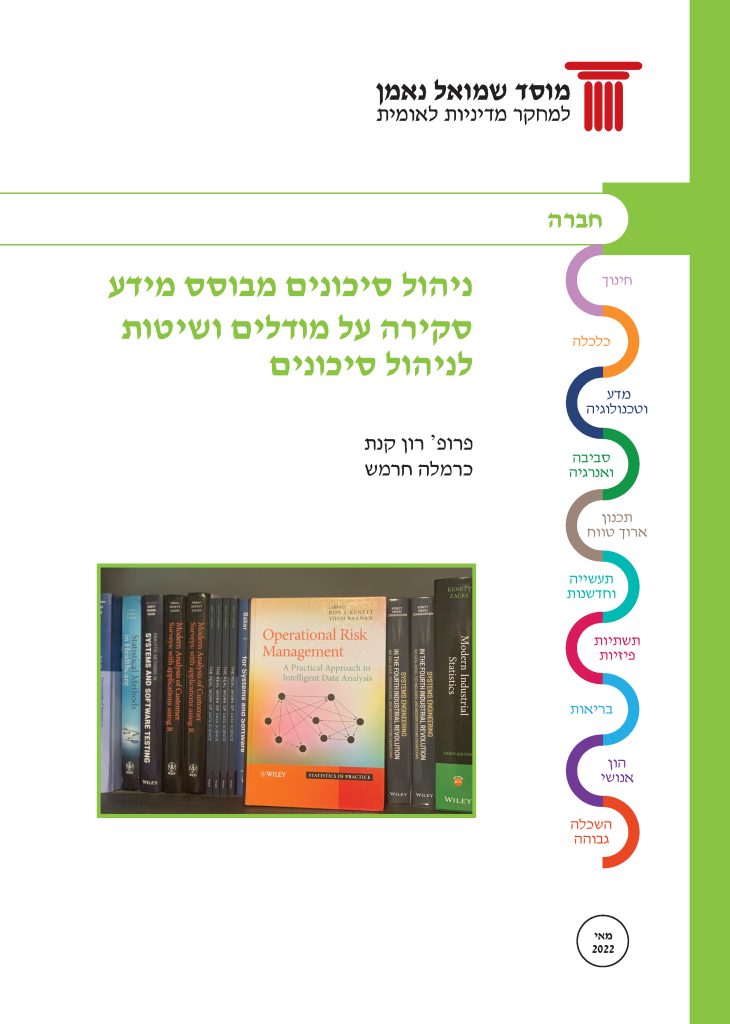
Risk management provides a basis for decision making both at the strategic an tactical level. The dramatic advances in data collection capabilities enhanced the risk management activities from qualitative to quantitative analysis. Domain expert assessments, using anchored scales such as a 1-5 Likert scale is still widely used. The objective of this review is to […]
Survey of Attitudes of the Residents of Umm El-Fahm
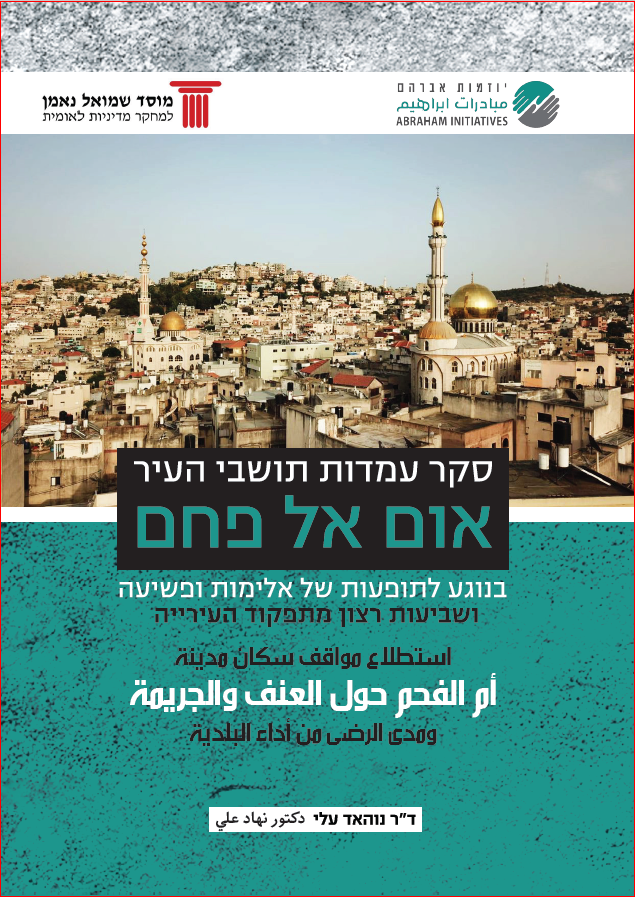
A survey of personal and community security was conducted in the city of Umm al-Fahm during the months of November-December 2021. The survey dealt with the personal security of residents of the city, their relationship to and with the police, and examined the satisfaction of the inhabitants of the city with the City Council and […]
